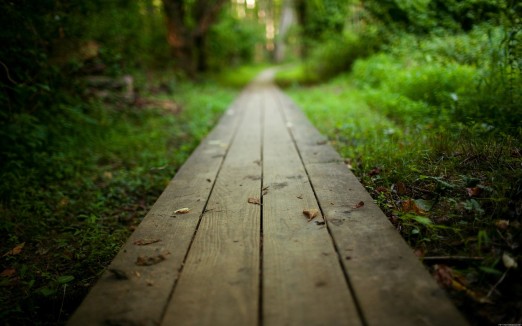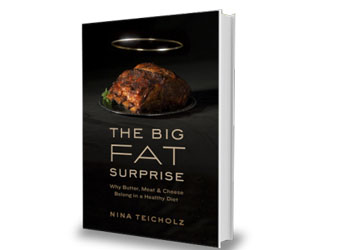Over the past two weeks, two houses on our street have been broken into during the night. One of those houses was our neighbors. The ones we share a fence, wall, and sidewalk with. The robbers took their television and laptop. At the other house, they were scared off by the residents before anything was taken.
Fear. That slippery, sticky, constricting force that squeezes into the cracks labeled “What if?” in my heart and mind, expanding with each pounding heartbeat and ragged breath. The flickering images that flash through my thoughts like an old movie reel, playing out possible scenarios that might happen. Our possessions are just stuff and our house is just a place. Yet the violation of the norms and boundaries of society – especially when it happens right outside my front door – rattles something loose deep inside me that causes me to tremble at my core.
I checked on the kids last night. Twice.
I woke up to way too many bumps in the night.
In the freshness of the morning light, my heart is skipping a beat quicker, anxiety rising to the surface to pull me back down to its depth.
My Bible fell open to the well-worn pages of chapter 8 of the book of Romans. I’ve been stuck on this passage for the past two weeks, unable to untangle myself from the paradigm shifting truth-bombs Paul drops in every sentence. Today, it was this:
…nothing can ever separate us from God’s love…neither our fears for today nor our worries about tomorrow…
How can God’s love coexist with fear? “Perfect love casts out all fear,” right? If I’m afraid or fearful or anxious or worried or uncertain or, or, or…then that means I’ve said yes to fear and no to love and there’s no way I can have one with the other. Like polar opposites – no matter how hard I try to push them into the same space, the opposing force is so strong that eventually only one will win out.
Yet this verse says fear can not separate me from God’s love. Well, then. That changes my entire theology just a smidgen.
At its core, fear is a lie. It’s based on what has or what could happen. If something is happening to me then it’s no longer fear. It crosses the line from fear to something tangible and concrete like abuse, pain, violation, loss, or some other form of actual damage. Fear thrives on the unknown.
The good news? God is all knowing. There is no fear in Him because He is omniscient. When I choose to fear, it doesn’t change who God is. It’s not like God sees a warning sign of “FEAR” blinking in bright neon lights and says, “Whoah, hold on there. Yeah…I’m gonna have to ask you to turn off that fear before we go any further here.”
The enemy tries to trick me into believing that the punishment of fear is still coming my way. The terror, the doubt, the unhinging feeling of drifting into the unknown, sinking in worry. The anger towards God and blaming of whoever I can get to first – myself, others, or anyone else within my reach.
…God declared an end to sin’s control over us by giving us His Son as a sacrifice for our sins…
The truth?
Sin has no control over me.
That’s why it can never separate me from God. Because Jesus took that separation, once and for all, and suffered it on the cross for me. Fear hawks its wares like the roadside vender, waving and yelling and bargaining, promising it’s worth whatever I’m willing to hand over. Here’s the catch, though, – the price has already been paid. Not for fear, but towards love.
…nothing will be ever be able to separate us from the love of God that is revealed in Christ Jesus our Lord.
I still battle with fear. Even after we spent the evening installing a security system on our doors and windows, I felt my heart do a flip-flop as I settled into bed last night. Fear is a relentless one, for sure. My Savior?
Even more so.













